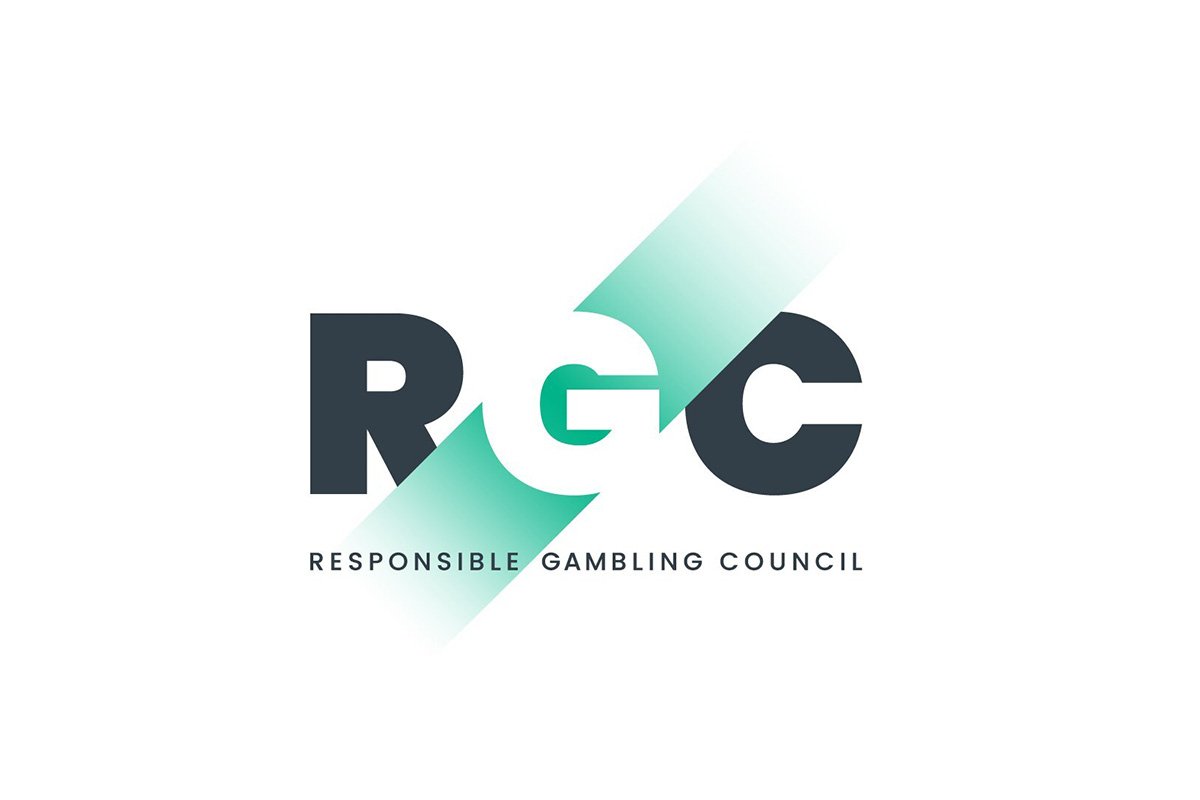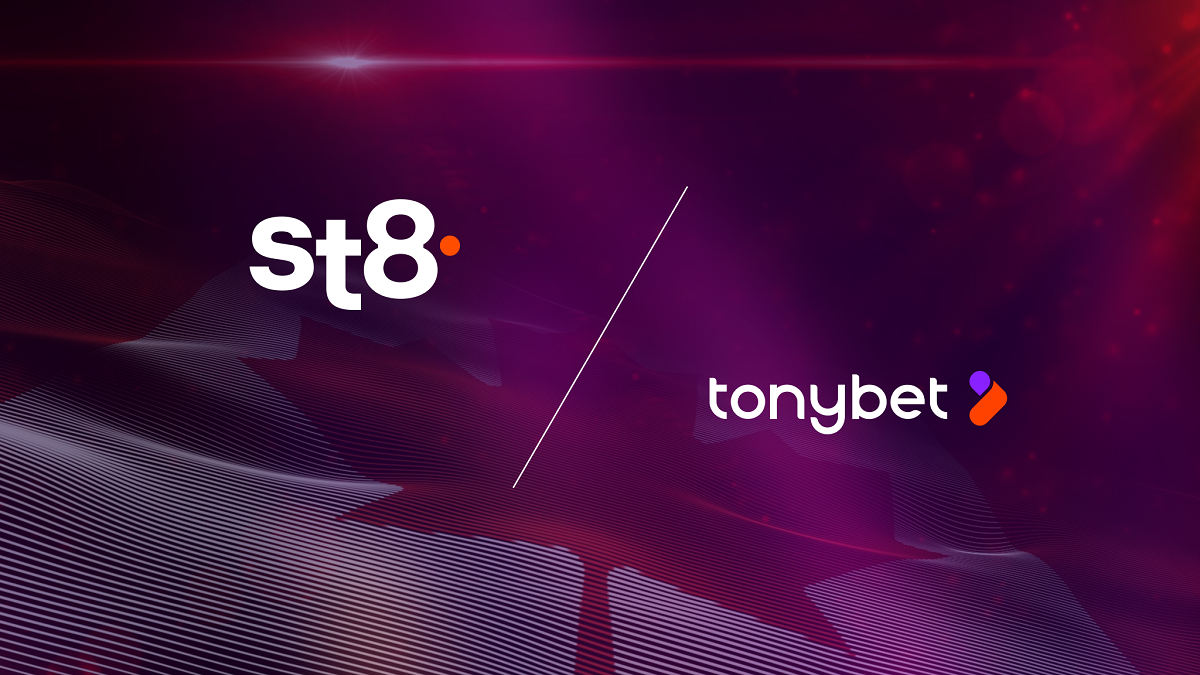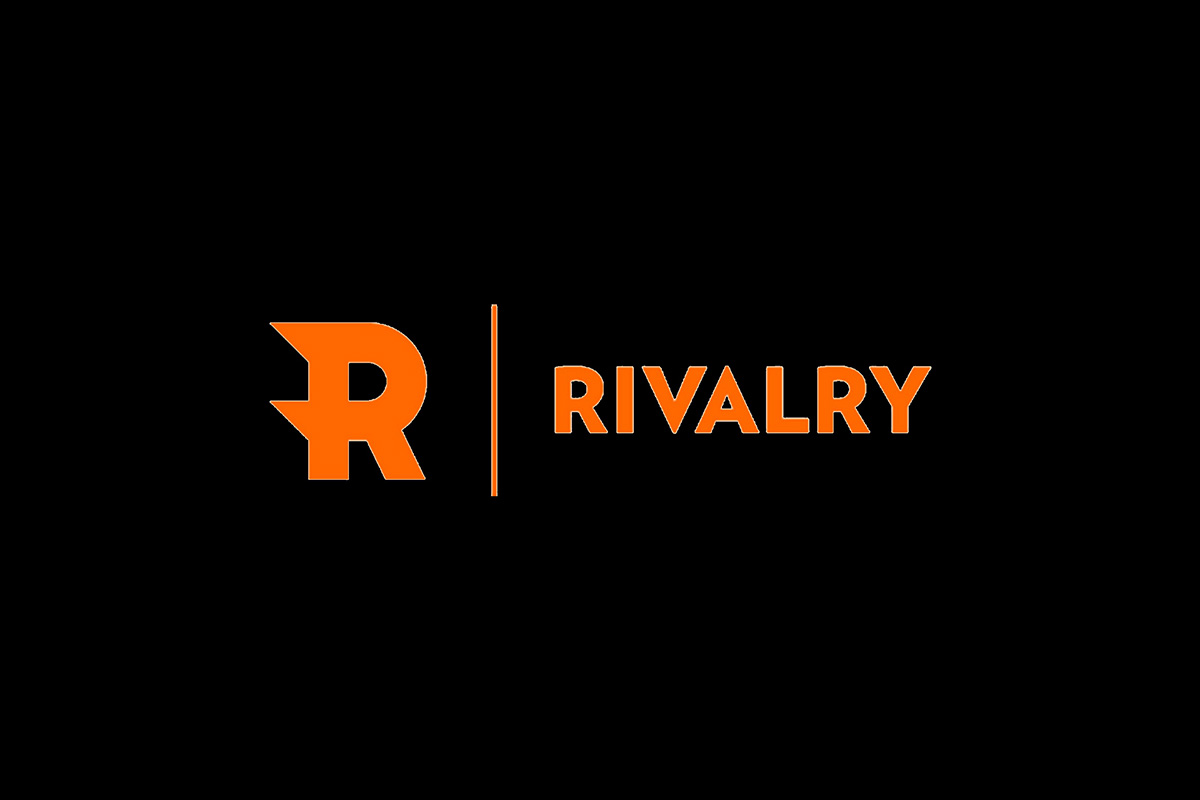Canada
Nevada-based CasinoSoft Hits the Jackpot With Anti-Money Laundering Software Package Built with Mendix Low-Code Platform

First-in-class tax and auditing application, built in just six months, enables casino industry to streamline workflow, reporting, and compliance with federal mandates
Mendix, a Siemens company and the global leader in low-code for the enterprise, today announced that CasinoSoft, a Nevada-based software development firm, has built a first-in-class, scalable compliance and taxation software package using the Mendix low-code platform. The package, ComplianceCore, digitizes and automates the extensive data collection and reporting required of casinos and card clubs operating under the U.S. Treasury Department’s anti-money laundering auditing rules, also known as Title 31 compliance.
Nearly 1,000 commercial and tribal casinos and card clubs in the United States comprise the $261 billion gaming industry. Those posting annual revenue of $1 million or more are subject to the same stringent oversight by the U.S. Treasury Department’s crime enforcement division, FinCEN, as are U.S. banks and other financial institutions. These federal regulations were put in place by Congress and strengthened after 9/11 to prevent criminal money laundering, terrorist financing, and other suspicious behaviors that would otherwise be obscured by the high volume of casino-based currency transactions. Fines for businesses not complying with FinCEN’s daily data collection and annual auditing requirements can add up to tens of millions of dollars.
“The majority of casinos are paper factories that generate massive piles of paperwork on a daily basis,” said Matt Montano, CasinoSoft’s CEO. “There is simply too much financial data coming from too many sources on the casino floor for employees to aggregate by hand and review. Regarding the casinos that do have enterprise financial systems, they’re often tied into backend legacy systems that are hard to update when technology improves or regulations change. Resource-stretched IT teams usually limit their upgrades of a casino’s workstations to once every two years.”
CasinoSoft built the three ComplianceCore modules in just six months, from scratch, using the Mendix low-code software development platform. Low-code is a visual development approach to application development that enables developers of varied experience levels to create applications for web and mobile, using drag-and-drop components and model-driven logic through a graphical user interface. CasinoSoft chose Mendix particularly for its open architecture and its collaboration and rapid development capabilities.
“Mendix’s underlying architecture enables our solution to integrate all the disparate sources of data generated by casino operations into a Mendix-built backend,” said Montano. “We can deploy quick functionality enhancements on the fly and do system upgrades five or six times a year.”
ComplianceCore dramatically reduces the amount of time casino staff spends on data collection and reporting for each gaming “day” (equal to a twenty-four-hour period).
“Data that formerly required days to crunch and organize is now completed in two to three hours. This gives the staff more time to focus on enhanced due diligence and other suspicious activity,” said Montano. CasinoSoft’s software package has been deployed in 12 casinos nationwide.
Three Modules Tackle Federal Reporting Requirements
The ComplianceCore software package consists of three standalone modules:
- ● Title 31 reporting package integrates disparate streams of financial transactions into a Mendix-built backend that is aggregated daily.
- ● Tablet Tax Forms digitizes and automates the IRS reporting requirements of any prize or jackpot above a $1,200 threshold.
- ● Document Automation automatically sorts and files scanned paper documents according to a player’s profile, account and federal filing status.
Zeroing in on Potentially Illegal Transactions
Casinos document every transaction above a minimum threshold, excluding food, beverages and merchandise. An individual’s aggregated daily spending of $10,000 or higher requires a Title 31 CTR filing. “Imagine trying to aggregate that from all the pit bosses and cage tellers into a single, cohesive property-wide log,” said Montano.
The ComplianceCore package also flags patterns that FinCEN classifies as suspicious activities. These include chip walking, which is when a player leaves without redeeming a large number of chips. Players who slowly redeem a large number of chips over a period of days are said to be structuring — perhaps to underreport IRS filings. Another red flag, called minimal play, is triggered when a customer buys a large number of chips with cash and places a few minor bets before cashing out a near majority of the chips. These behaviors may be an effort to disguise illegally received, traceable currency as a gambling win — in other words, money laundering.
Montano added “Casinos must intercede. They have no choice. Our platform gives casinos the tools and the horsepower to efficiently handle this regulatory burden.”
“We are glad CasinoSoft’s developers could leverage the Mendix platform to streamline and improve the industry’s data monitoring, aggregation and reporting,” said Johan den Haan, Mendix’s chief technology officer. “CasinoSoft’s ComplianceCore application package is a great example of how the truly open architecture at the core of our low-code platform enables developers to leverage core and legacy systems and data with brand new technologies that push the envelope of the possible. In today’s world, we know there’s no such thing as a free-standing, self-contained or isolated software application. A high degree of enterprise-grade interconnectivity is imperative to address ever-evolving needs within disparate technology landscapes.”
SOURCE Mendix
Powered by WPeMatico
Alberta iGaming Corporation
Alberta iGaming Corporation Partners with Responsible Gambling Council

The Alberta iGaming Corporation (AiGC) has announced a partnership with the Responsible Gambling Council (RGC) that will make RG Check accreditation a mandatory requirement for all internet gaming (iGaming) sites entering Alberta’s regulated market.
This collaboration demonstrates Alberta’s commitment to player protection by ensuring every regulated operator meets the highest evidence-based standards for responsible gambling.
“Alberta is committed to building a safer, regulated iGaming environment where player protection comes first. By requiring RG Check accreditation, we’re ensuring that every iGaming operator in our market has demonstrated their commitment to player safety through independent verification of their responsible gambling programs,” said Dan Keene, Interim AiGC CEO.
RG Check is a Canadian-made, globally trusted, independent responsible gambling accreditation program. Developed by RGC more than a decade ago, RG Check evaluates sites against rigorous, evidence-based standards, covering governance, player safeguards, staff training, and marketing practices. The accreditation provides clear, measurable accountability and has become the gold standard for responsible gambling across multiple jurisdictions.
“This partnership with AiGC demonstrates the power of regulators and responsible gambling experts working together to protect players from day one. Alberta is building on a strong foundation established in Ontario, where RG Check has proven its value in creating safer gambling environments. This proactive approach ensures that player protection isn’t an afterthought; it’s built into the market from the ground up,” said Sarah McCarthy, CEO of RGC.
Alberta’s requirement will ensure that:
• All iGaming sites must achieve RG Check accreditation
• Operators must maintain their accreditation in good standing while operating in Alberta
• RGC will conduct assessments based on internationally recognized responsible gambling standards
• AiGC will work closely with RGC to ensure ongoing compliance and continuous improvement.
Requiring accreditation in Alberta’s market reflects AiGC’s commitment to promoting responsible gambling, and will create a level playing field where protecting players is a competitive advantage, not just a compliance checkbox.
For operators who currently hold RG Check accreditation in another jurisdiction, the transition to Alberta will be streamlined. While a distinct Alberta accreditation is still required, existing accreditations will be recognized to simplify the process and reduce costs. Operators will benefit from an efficient onboarding process that reduces administrative burden while maintaining the same rigorous standards for player protection.
The post Alberta iGaming Corporation Partners with Responsible Gambling Council appeared first on Americas iGaming & Sports Betting News.
Canada
St8 launches in Ontario through partnership with Tonybet

Casino games aggregator and full-service technology provider, St8 has officially gone live in Ontario’s regulated market through a new partnership with international brand Tonybet.
Through the partnership, Tonybet gains access to St8’s casino games aggregation platform, offering a wide range of premium titles from leading providers through a single API, alongside bonusing and promotional tools, compliance and licensing solutions, advanced reporting and data capabilities.
Built as a single scalable platform, St8’s products are designed to help operators launch and grow across regulated markets with fast, flexible technology solutions while maintaining full compliance.
The agreement marks a further step in St8’s global growth strategy as the company continues to expand its presence across regulated jurisdictions.
Vladimir Negine, CEO at St8, said: “Going live in Ontario is an important milestone for St8 and reflects our continued commitment to growth in regulated markets. Since receiving our Ontario licence, we have focused on building strong local partnerships and delivering a platform that combines scalability, speed and compliance.
“As a respected international brand, Tonybet shares our commitment to building reliable solutions for regulated markets, and we look forward to working closely together as we continue to expand our presence in regulated jurisdictions worldwide.”
Kiryl Liudvikevich, Head of Product at Tonybet, added: “As we expand our presence in Ontario, it is important for us to work with technology partners that support continued growth while meeting the highest regulatory standards.
“St8’s platform gives us the flexibility to integrate a wide range of content and tools through a single connection, helping us scale smoothly while maintaining a strong focus on player experience.”
St8 continues to lead the way as a partner of choice for regulated markets. In addition to its Ontario licence, the company holds licences in key regulated jurisdictions like the United Kingdom, Sweden and Romania, among others.
The post St8 launches in Ontario through partnership with Tonybet appeared first on Americas iGaming & Sports Betting News.
Canada
Rivalry Corp. Announces Significant Reduction in Operations and Evaluation of Strategic Alternatives

Rivalry Corp. announced that its Board of Directors has approved a significant reduction in operating activity as the Company evaluates strategic alternatives in respect of its assets and operations.
The Company is engaged in discussions with third parties regarding potential transactions. However, in light of recent performance volatility, the Board has determined to materially reduce the scale of operations while assessing whether a strategic transaction or other alternative can be advanced.
Effective immediately, the Company is implementing substantial cost reductions, including a significant workforce reduction and reduced operating expenditures. The Company has paused player activity on its platform and is facilitating player withdrawals in the ordinary course.
The Company is assessing a range of potential alternatives, which may include asset-level transactions, corporate transactions, restructuring initiatives or other strategic outcomes.
Given the Company’s reduced operating scale and the ongoing evaluation process, there can be no assurance that any strategic alternative will be completed or that operations will continue in their current form.
The post Rivalry Corp. Announces Significant Reduction in Operations and Evaluation of Strategic Alternatives appeared first on Americas iGaming & Sports Betting News.
-

 Blueprint Gaming5 days ago
Blueprint Gaming5 days agoBlueprint Gaming unleashes Frankenstein’s Fortune blending dynamic modifiers with multi-path bonus offering
-

 Compliance Updates7 days ago
Compliance Updates7 days agoHow to Apply for a Finnish iGaming License: Gaming in Finland Webinar on Application Steps and Technical Standards
-

 Big Daddy Gaming7 days ago
Big Daddy Gaming7 days agoBig Daddy Gaming® Expands European Footprint After MGA Licence Approval
-

 Latest News4 days ago
Latest News4 days agoGGBET UA hosts Media Game – an open FC Dynamo Kyiv training session with journalists from sports publications
-

 Compliance Updates5 days ago
Compliance Updates5 days agoMGA Publishes Results of Thematic Review on Self-exclusion Practices in Online Gaming Sector
-

 Amusnet6 days ago
Amusnet6 days agoAmusnet Unveils Casino Engineering and Technology Milestones Achieved in 2025
-

 Brais Pena Chief Strategy Officer at Easygo7 days ago
Brais Pena Chief Strategy Officer at Easygo7 days agoStake Goes Live in Denmark Following Five-Year Licence Approval
-

 Dan Brown5 days ago
Dan Brown5 days agoGames Global and Foxium return to the Colosseum in Rome Fight for Gold the Tiger’s Rage™



















